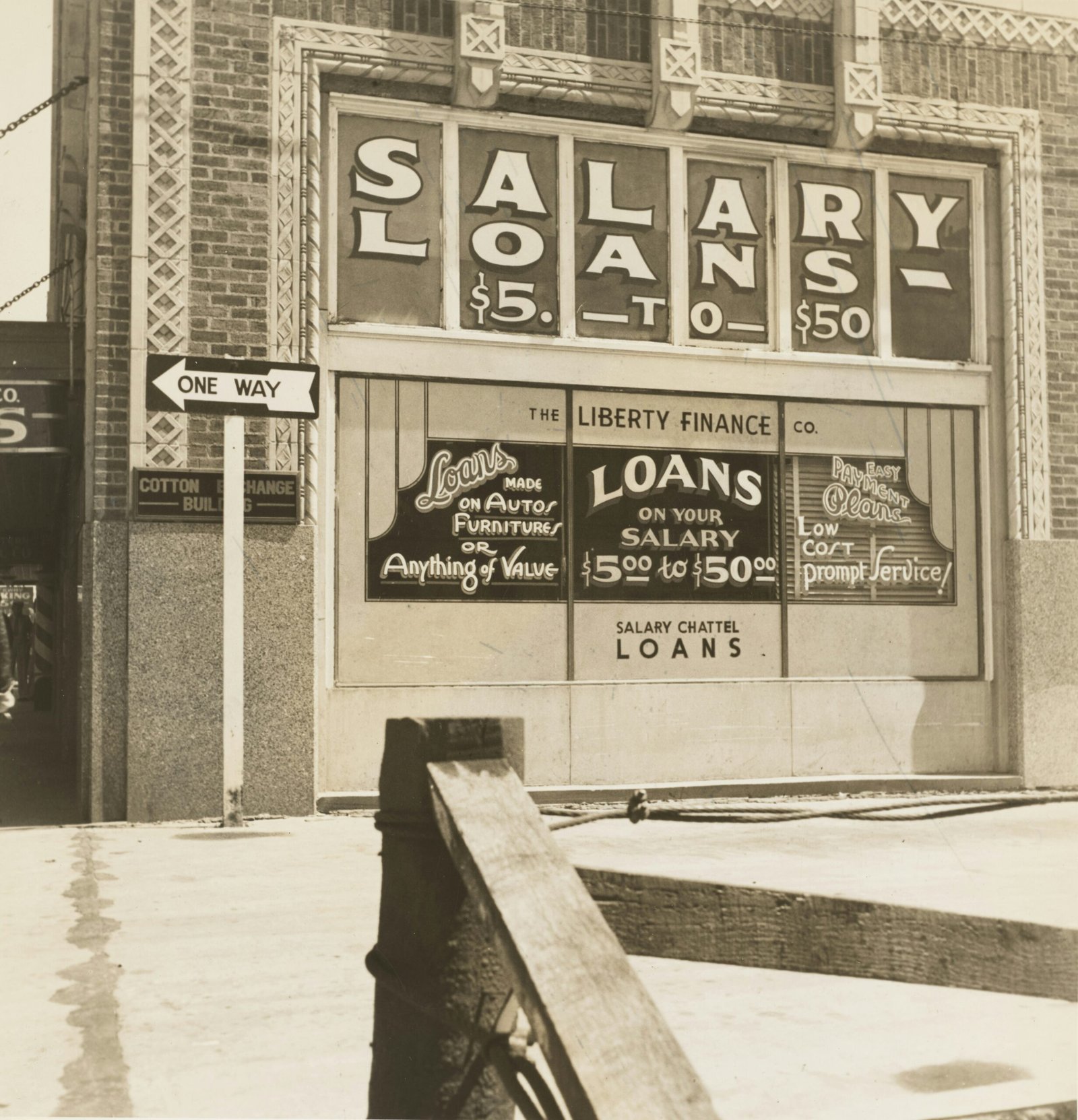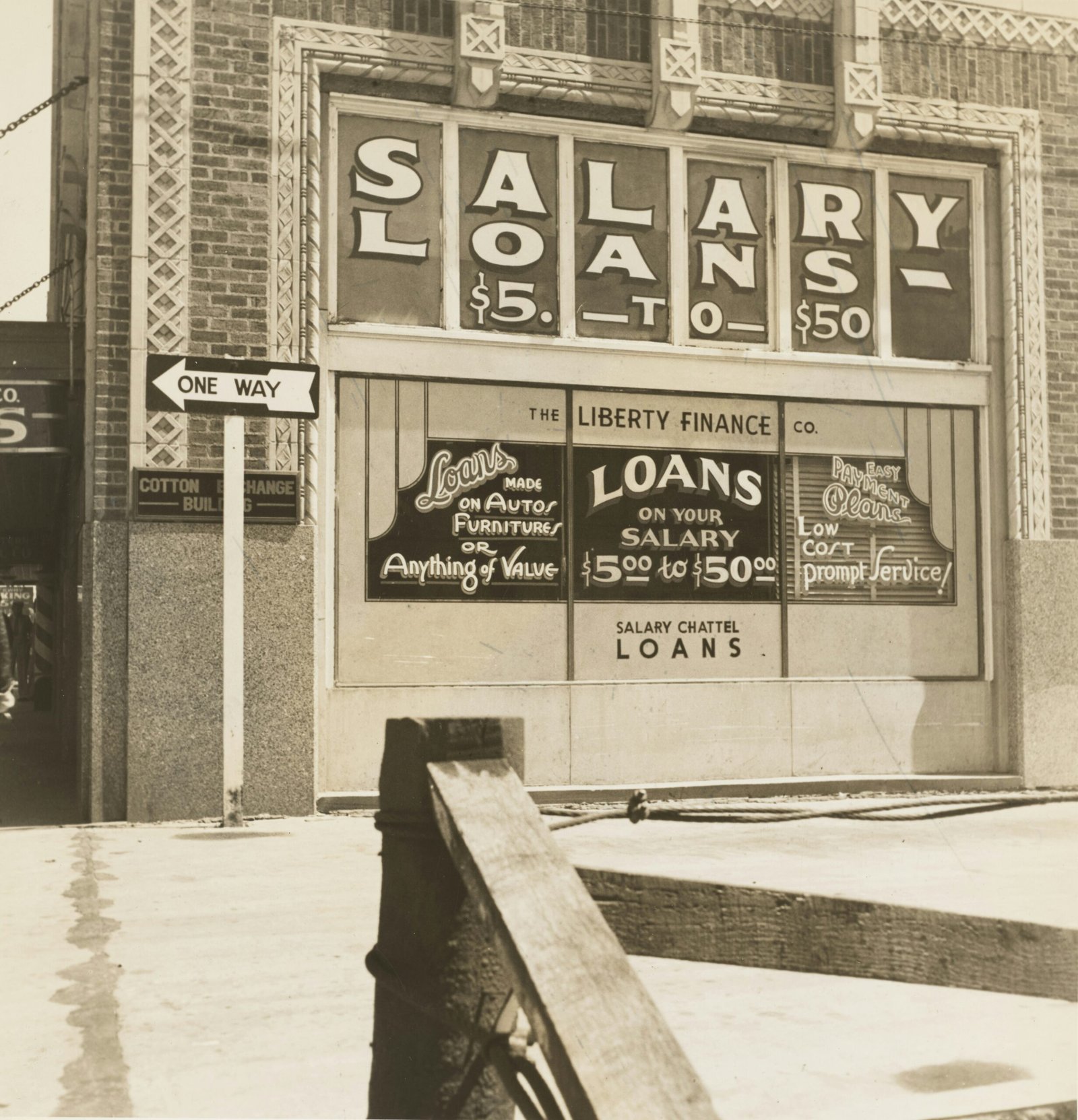
Understanding the Relationship Between Debt and Credit Score
Credit scores are essential numerical representations of an individual’s creditworthiness, primarily used by lenders to assess the risk of lending money. These scores range from 300 to 850, with higher scores indicating lower credit risk. Various factors contribute to credit scores, each playing a distinct role in their overall evaluation. The most significant of these factors include payment history, credit utilization, length of credit history, types of credit used, and recent inquiries. Understanding how these factors interact with outstanding debt is crucial for anyone seeking to improve their credit score.
Payment history accounts for approximately 35% of a credit score, highlighting its importance. Timely payments on outstanding debts, such as credit cards and loans, strongly influence this aspect. Conversely, missed or late payments can severely damage your score, demonstrating the direct relationship between timely debt management and credit scores. This indicates that maintaining a consistent payment schedule on existing debts is imperative for fostering a positive credit score.
Credit utilization, which represents about 30% of a credit score, is another critical factor influenced by outstanding debt. This metric gauges the ratio of your outstanding credit card balances to your total available credit. Lower credit utilization rates—ideally below 30%—are favorable and can improve credit scores, while high utilization suggests over-reliance on credit and can negatively impact the score. Hence, reducing outstanding debt can substantially lower utilization and subsequently enhance your credit score.
Further, the length of credit history and the types of credit utilized contribute to the assessment of creditworthiness. Longer credit histories and diverse types of credit typically bolster credit scores. Therefore, managing debt wisely and maintaining long-term credit accounts can positively influence these factors. Collectively, these elements illustrate how outstanding debt plays a pivotal role in determining credit scores, making its management essential for anyone looking to improve their financial standing.
Immediate Effects of Paying Off Debt on Credit Score
Paying off debt can lead to noticeable changes in your credit score almost immediately. A key factor that influences credit scores is the credit utilization ratio, which compares the amount of credit utilized to the total credit available. When an individual pays off a portion or the entirety of their debt, this ratio decreases, often leading to a quicker improvement in credit scores. For instance, if you have a total credit limit of $10,000 and you reduce your debt from $5,000 to $2,000, your credit utilization drops from 50% to 20%. This significant drop can positively impact your credit profile in a relatively short time.
Additionally, the payment history, which constitutes 35% of FICO scores, plays a critical role in evaluating creditworthiness. Individuals who consistently make on-time payments can enhance their scores over time. However, once a debt is fully paid off, it signals responsible financial behavior, further improving your standing with creditors. A case study involving a person who paid off a collection account illustrates this dynamic. After settling a debt that had been dragging their credit score down, the individual experienced an increase of 75 points within a few months, showcasing the immediate positive effects of debt elimination.
Moreover, credit reports are typically updated periodically, reflecting changes in payment history and credit utilization ratio. This means that once debts are cleared, creditors and scoring models can assess the latest data, leading to an escalated credit score that mirrors an individual’s recent financial actions. Therefore, while the overall credit score improvement may take time, the immediate effects of paying off debt are tangible and can provide individuals with a sense of financial relief and empowerment.
Types of Debt That Impact Credit Scores the Most
Understanding the types of debt that influence credit scores is essential for effective debt management and improvement of one’s credit profile. The two primary categories of debt are revolving debt and installment loans. Revolving debt, such as credit cards, has a significant impact on credit scores due to its association with credit utilization. This metric represents the ratio of an individual’s outstanding credit card balances to their total credit limit. High credit utilization can indicate financial distress, leading to a lower credit score. Ideally, maintaining a utilization rate below 30% is advisable for optimal credit score health.
On the other hand, installment loans, which include mortgages and car loans, involve borrowing a fixed amount for a specific period, with predetermined payment schedules. While these loans also impact credit scores, their influence is often less immediate compared to revolving credit. However, timely payments on installment loans contribute positively to one’s credit history, which accounts for a significant portion of the overall credit score.
When managing debts, focusing on high-interest revolving debts like credit card balances can be more advantageous than prioritizing low-interest debts. By reducing high-interest obligations first, individuals can minimize the overall interest paid over time, thus freeing up more funds that can be allocated to other debts. Additionally, maintaining low or zero balances on credit cards is crucial because it not only facilitates improved credit utilization rates but also reinforces payment history, a vital factor in credit scoring.
In summary, recognizing the different types of debt and their respective impacts on credit scores allows individuals to strategize their debt repayment effectively. Focusing on high-interest and revolving debts will likely yield quicker improvements in credit scores compared to other debt forms.
Alternatives to Paying Off Debt for Credit Improvement
While paying off debt is often regarded as a primary way to improve one’s credit score, there are several alternative strategies that can also lead to credit score enhancement without the immediate need for debt repayment. These alternatives can effectively help manage outstanding debts while also positively influencing credit scores.
One effective method is credit counseling, which involves working with a trained professional who can provide guidance on budgeting, debt management, and financial planning. Credit counseling services can help develop a personalized plan that may include negotiating lower interest rates with creditors or establishing a manageable payment schedule, making it easier to handle existing debts.
Debt consolidation is another viable alternative. This process entails combining multiple debts into a single loan, typically with a lower interest rate. By doing so, individuals can streamline their payment processes and potentially decrease their monthly payments. This approach not only simplifies financial management but can also reflect positively on one’s credit utilization ratio, ultimately improving credit scores.
Negotiating with creditors is a proactive approach that can include requesting a settlement for less than the full balance owed. Many creditors are willing to negotiate rather than risk default on a loan. If settlements are reached, making timely payments on the negotiated terms can contribute significantly to improving credit ratings.
Lastly, utilizing secured credit cards can help rebuild credit without necessitating as aggressive a payoff strategy. Secured credit cards require an upfront deposit, which serves as the credit limit. By consistently making on-time payments, individuals can demonstrate responsible credit use, helping to enhance their credit scores over time.
These alternatives illustrate that improving one’s credit profile is possible through various strategies aside from merely paying off existing debts. Each approach provides an opportunity to manage finances while working toward a healthier credit score.
